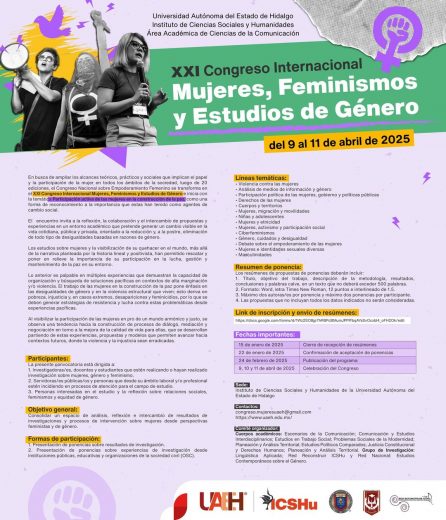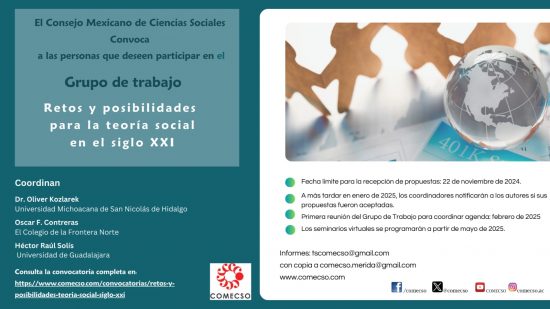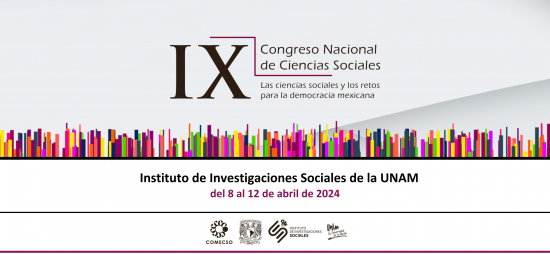The Big Data Challenge (PACO)
The Big Data Challenge. From Big Data in Politics to the Politics of Big Data
A special issue for PArtecipazione e COnflitto (PACO)
Call for Full Articles:
This special issue aims to open a much-needed space for developing a critical and informed reflection on the multi-faceted nexus between Big Data and the study of political participation dynamics. It understands Big Data not solely in terms of large-scale datasets of textual or digital data that require us to tune our research practices. More radically, it starts from a conceptualization of Big Data as a complex set of cultural, political and scientific knowledge practices that challenge the traditional modes in which research questions are posed and framed, analyses are performed, as well as the ways in which results are communicated to the public and thus affect public discourse and debates. It also invites us to orient our attention towards emergent forms of activism reclaiming citizens’ agency towards the production, management and exploitation of (big) data, including – such as data activism, statactivism, data justice struggles, open data movements.
Consistently, the special issue aims to provide a solid contribution towards the investigation of two interrelated aspects. On the one hand, it will engage with how Big Data are leveraging our understanding of participation and contentious dynamics within complex societies providing new methodological and informational resources to investigate structures, contents and mechanisms of citizens’ public engagement. On the other, it will contribute to develop a specific take on how Big Data become a contested research and political terrain characterized by strong power dynamics between private and public actors, and entwining with governance processes at all levels – from the national to the transnational one.
Against this background, this special issue welcomes *full articles submissions* employing different theoretical, empirical and methodological approaches on Big Data, adopting a single-case or a comparative multinational and/or multiplatform perspective and exploring one or more of the following thematic areas:
- Big Data, public opinion and institutional politics (party dynamics, political communications, etc.)
- Big Data and the study of contemporary forms of collective action and unconventional political participation (social movements, digital activism, etc.)
- Reflections on the epistemological and methodological implications and possibilities brought by Big Data in the study of political participation and contentious dynamics
- Deconstructing and approaching critically datafication
- Intersections between Big Data and governance processes.
Timeline:
- Submission of Full Articles: 10th March 2018
- Provision of peer reviewed feedback: 15st May 2018
- Submission of revised accepted articles: 19th June 2018
- Publication of the Special issue: 15th July 2018
Articles should be no longer than 10,000 words, including notes and references. A maximum of 10 articles will be published.
Please refer to the editorial guidelines available at http://siba-ese.unisalento.it/index.php/paco/about/submissions#onlineSubmissions
Please address any queries to the Editors – Proposals and papers have to be sent to the guest editors: alice.mattoni@sns.it and elena.pavan@sns.it
Guest Editors
Alice Mattoni and Elena Pavan
Institute of Humanities and Social Sciences, Scuola Normale Superiore
alice.mattoni@sns.it , elena.pavan@sns.it
If interested, please check PACO’s website
Te puede interesar

Retos y posibilidades para la teoría social en el siglo XXI
comecso - Nov 20, 2024El Consejo Mexicano de Ciencias Sociales, A.C. Convoca a las personas que deseen participar en el Grupo de Trabajo Retos…

XXI Congreso Internacional Mujeres, Feminismos y Estudios de Género
Laura Gutiérrez - Nov 21, 2024Universidad Autónoma del Estado de Hidalgo, Instituto de Ciencias Sociales y Humanidades, Área Académica de Ciencias de la Comunicación XXI…

XIII Premio Iberoamericano en Ciencias Sociales
Laura Gutiérrez - Nov 20, 2024Con el objetivo de promover y fomentar el desarrollo de las Ciencias Sociales en el ámbito iberoamericano, así como la…












